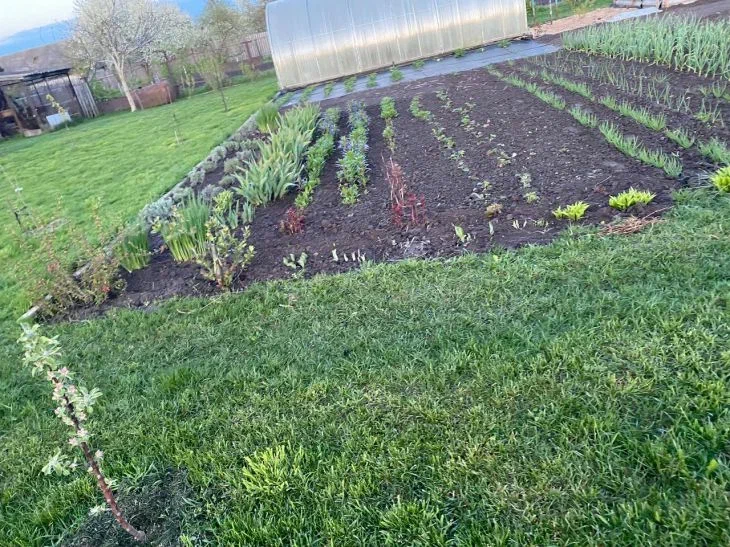Just one green manure planted on a plot can save you from a lot of problems.
We are talking about mustard – it is precisely this that can “cure” a summer resident’s headache caused by diseases, pests and weeds in one fell swoop.
When to sow
Due to the fact that this plant easily tolerates low temperatures, it can be sown as early as the beginning of May.
Where to sow
If you want to get real benefits from mustard, make sure it grows in the area for 3 weeks.
Place the green manure seeds in the soil where you plan to grow tomatoes, peppers, eggplants, cucumbers, zucchini, squash, watermelons, melons and pumpkins.

After 3 weeks, the green mass of mustard must be cut, chopped, distributed over the area and dug up. The digging depth should be 3-4 centimeters - if you neglect the recommendation and dig the green mass deeper than necessary, this will negatively affect the decomposition process and, accordingly, reduce the effectiveness of the fertilizer.
When finished, water the area thoroughly and wait another week before planting vegetables.
How does this work
Mustard prevents the growth of weeds by releasing glycosides into the soil – substances that inhibit the development of harmful plants.
Mustard essential oils suppress the spread of diseases such as black leg, root rot, wilt, rhizoctonia and scab.
In addition, mustard effectively repels pests, especially nematodes and wireworms.
Earlier we reminded you about the need to feed strawberries after harvesting.








